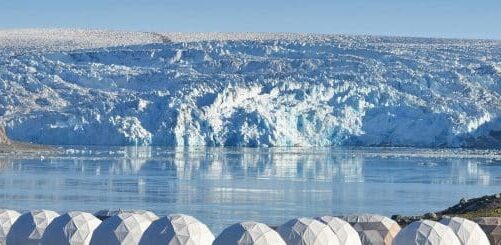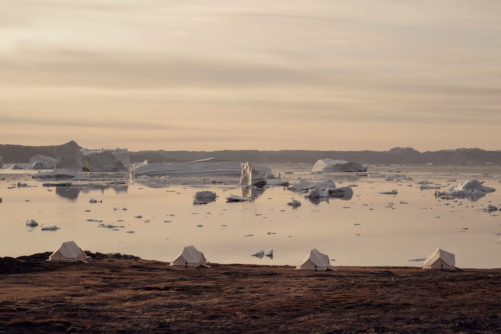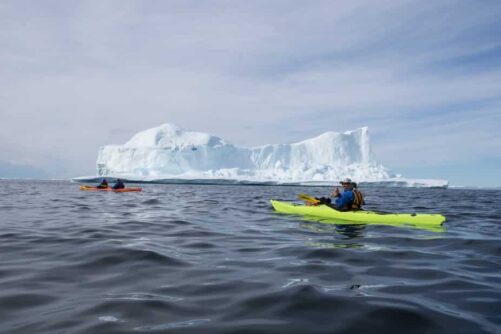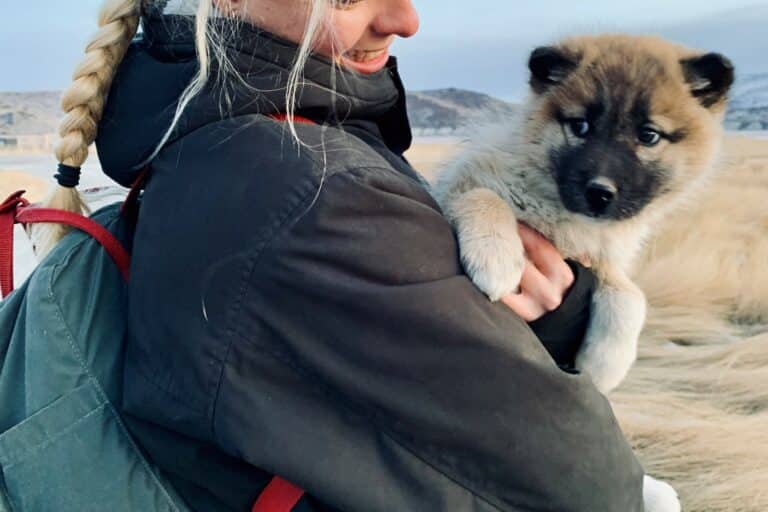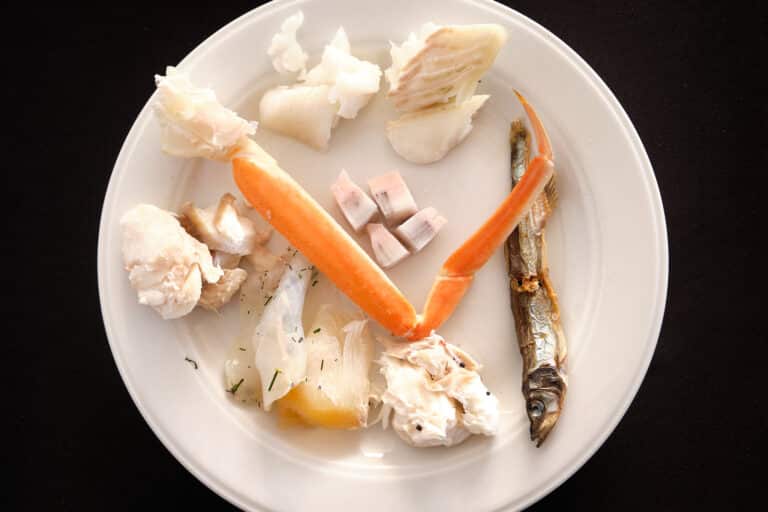
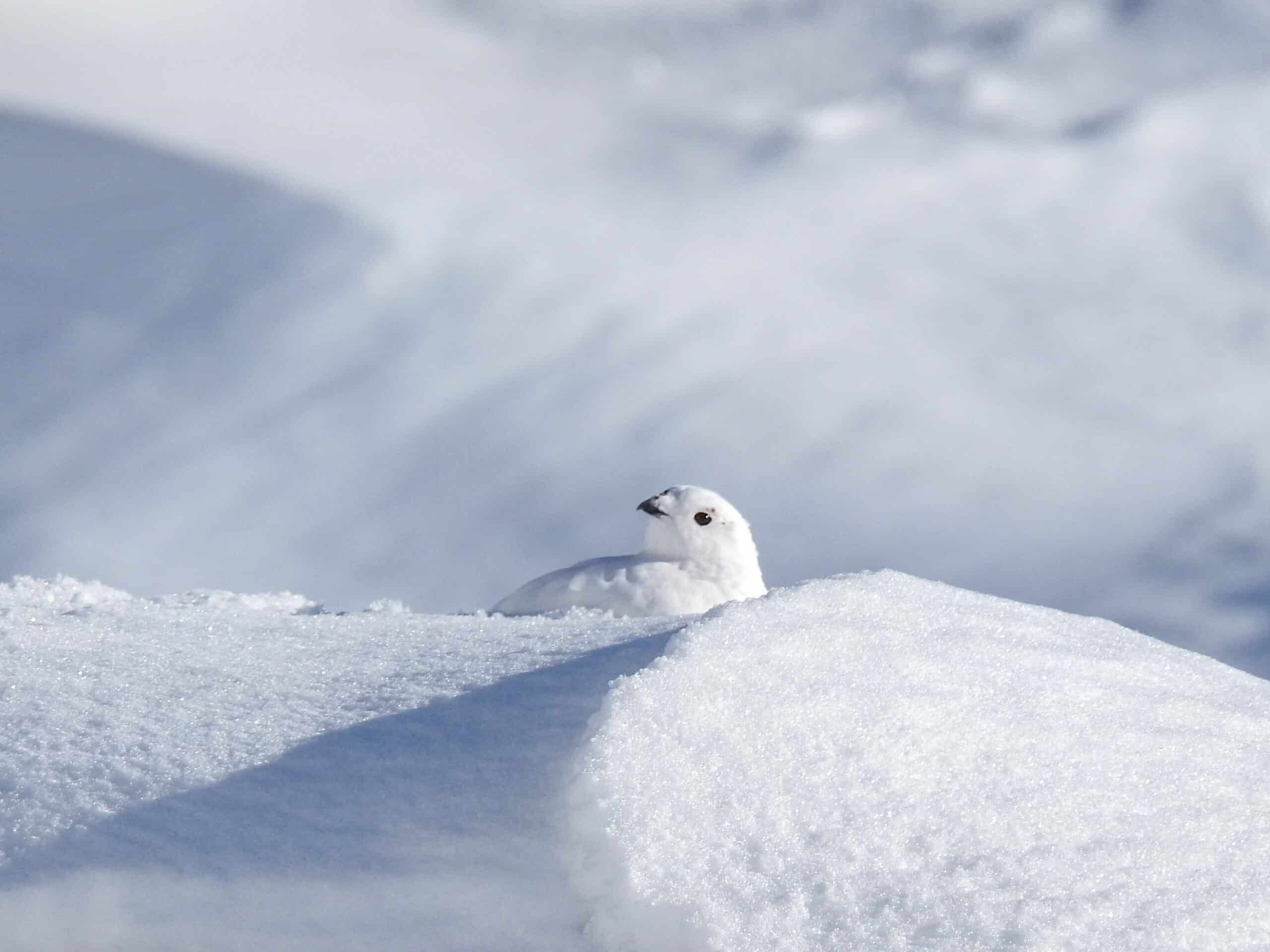
Ptarmigan hunting and why I love the fall in Nuuk!
Published: 12/06/2020
Reading time: 3 minutes
Nuuk is at its best during the fall in my opinion, fresh air below freezing, and lots of icebergs just outside the city and on its beaches because the winds have shifted, bringing them out of the large fjordsystem right to our doorstep.
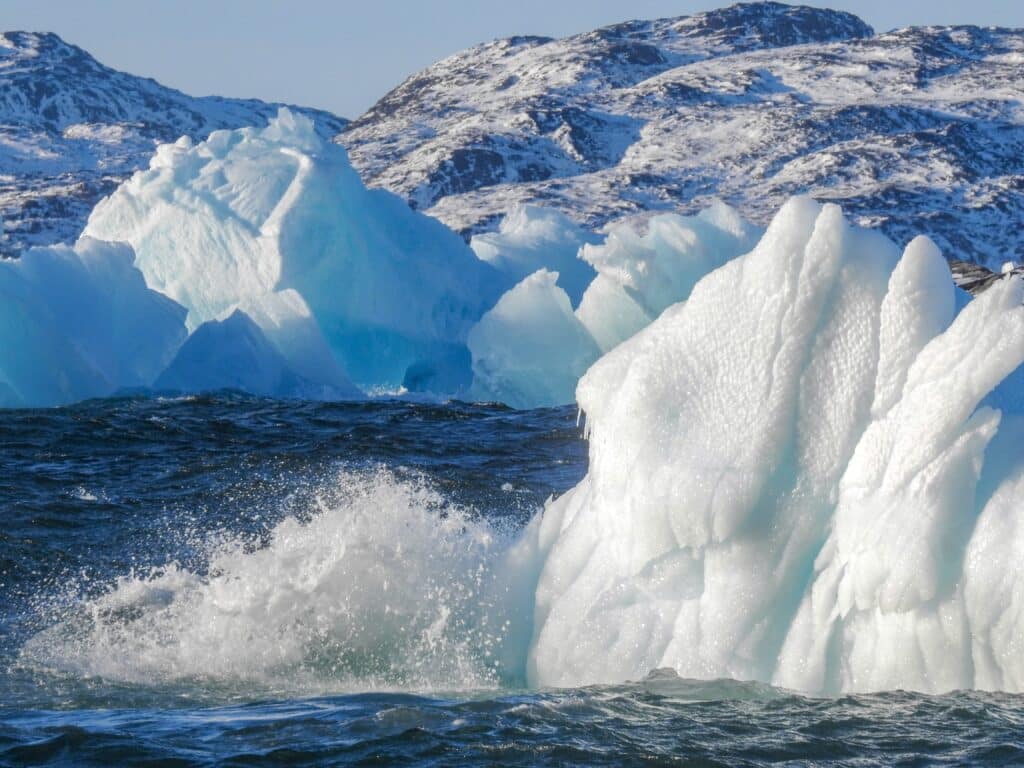
It’s also a photographers dream because sunrise is at a reasonable hour and sunset isn’t far behind, giving an amazing day of pink hues. And as soon as the darkness comes the sky will randomly light up in bright shades of green, reminding us we line in GREEN-land… oh god, that was a terrible pun, sorry about that.
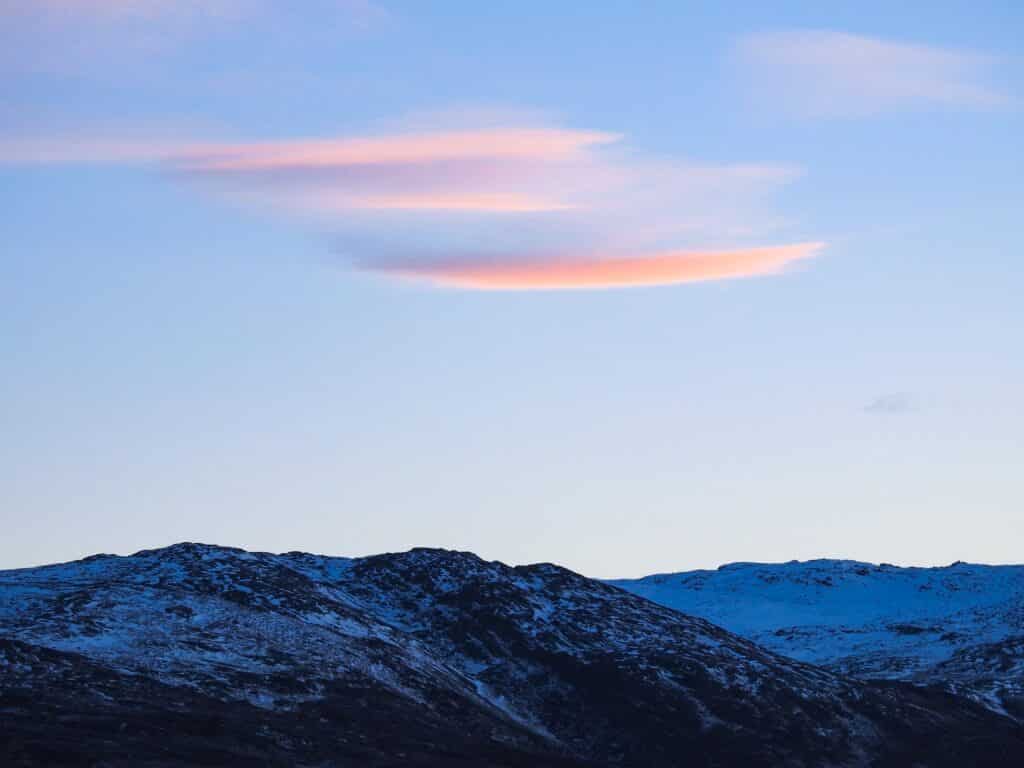
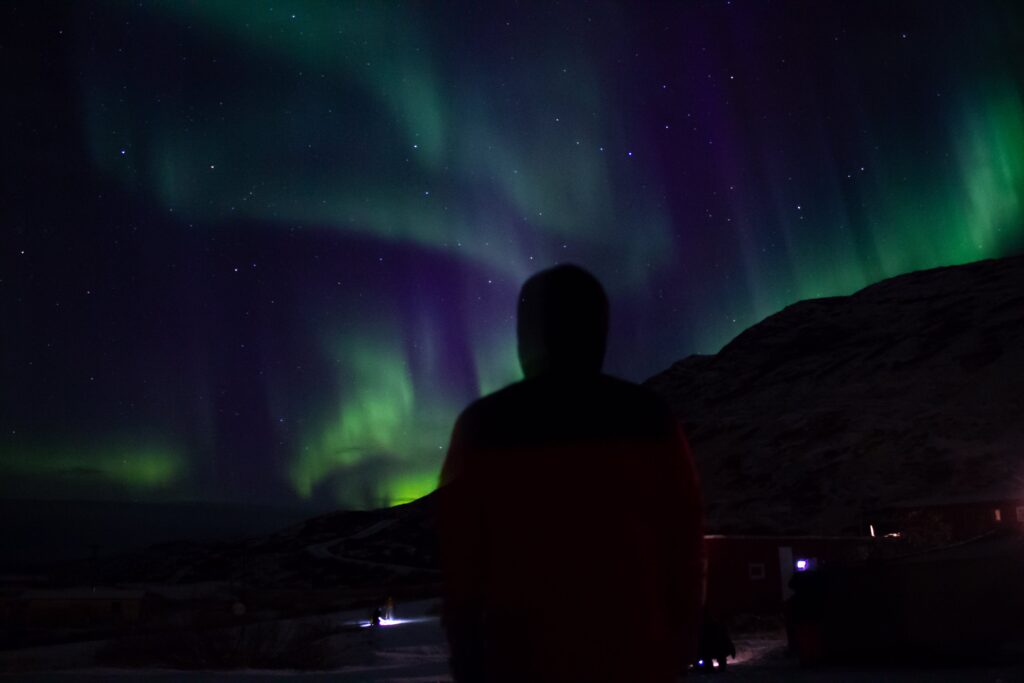
Anyway! another reason I absolutely love the fall/winter in Nuuk (October/November), is because we can go ptarmigan hunting! Ptarmigans are highly adapted to the Arctic and is one of the few bird species that stay in Greenland over the winter. It is the only bird that goes from grey and black summer camouflage to a complete white during winter!
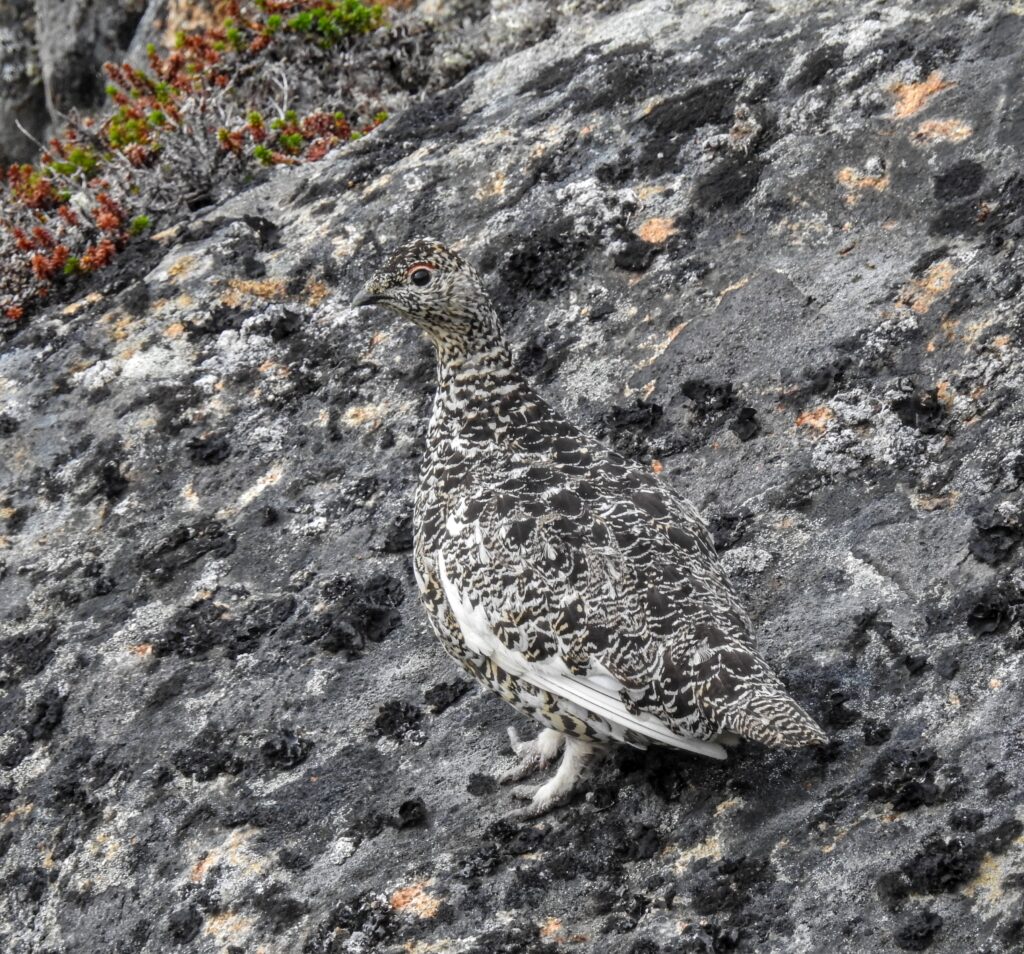
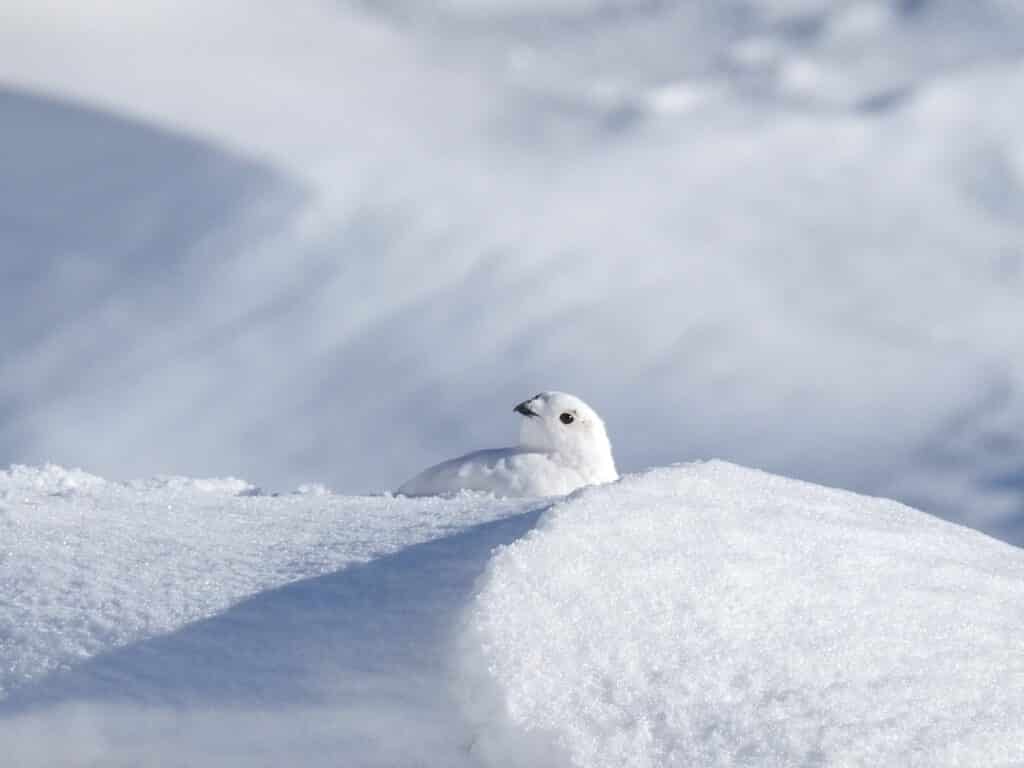
A ptarmigan hunt is fairly simple, you either straight up go hiking with a rifle from the city, or you go a bit further out by boat before you start the hike and hunt. We usually go with the boat and explore new places.
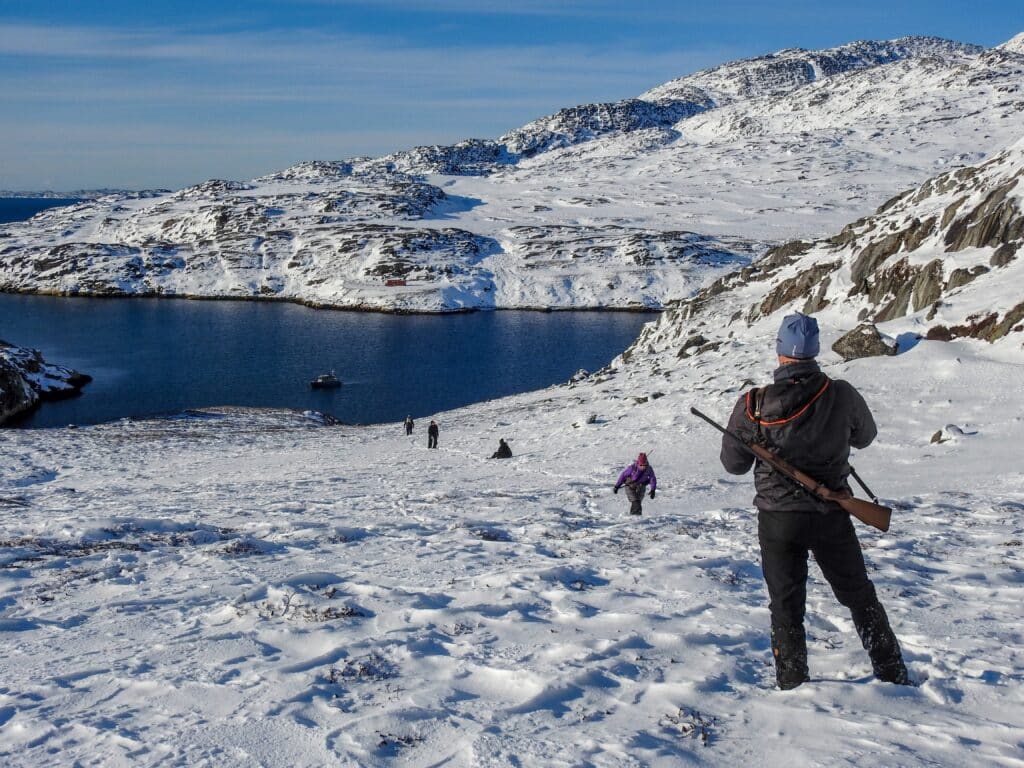
Because ptarmigans are so damn well camouflaged they’re incredibly difficult to spot, BUT, they leave tracks, and if you can find fresh tracks they’re usually somewhere nearby, and eventually you’ll spot 1, and once you line up the shot you realize there are more! There are always more! Once having taken the shot often spooks the birds and 4-5 others, you hadn’t seen at all, suddenly fly a bit away, that always makes me feel like the guy in charge of the velociraptors in the first Jurassic Park movie.
The last time we went ptarmigan hunting we went by the foot of the second most iconic mountain by Nuuk – Hjortetakken, and my father immediately caught 7 birds that will contribute to our Christmas dinner.
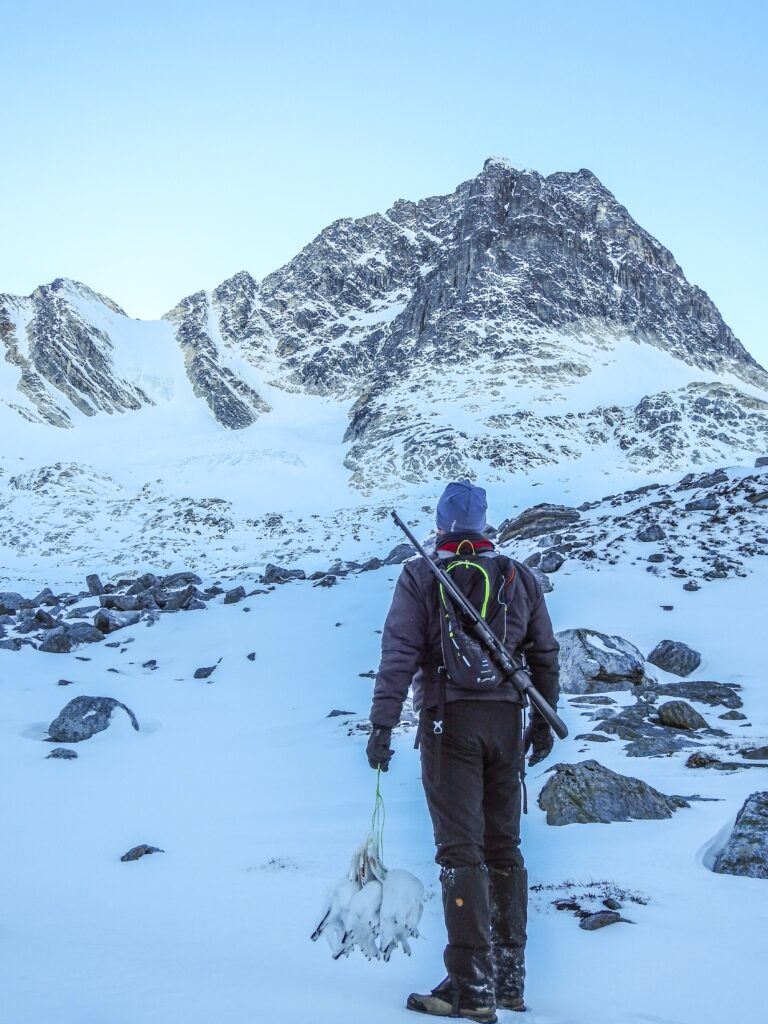
A few interesting facts about ptarmigans:
Nr. 1
They know when to change from their summer plumage to winter by noticing the average amount of daylight hours, which is pretty smart. Imagine doing it by the first snow, and then it melts and leaves you in complete white surrounded by black and reddish fall colours. Huuuge disadvantage. The same the other way around, if you wait too long to change you’ll be a black bird in white surroundings. Not very promising either. But it turns out that measuring the average amount of hours with sunlight is a pretty decent indicator of when to change plumage, and you can actually trigger this biological reaction in a lab with fake sunlight! Interesting I tell ya.
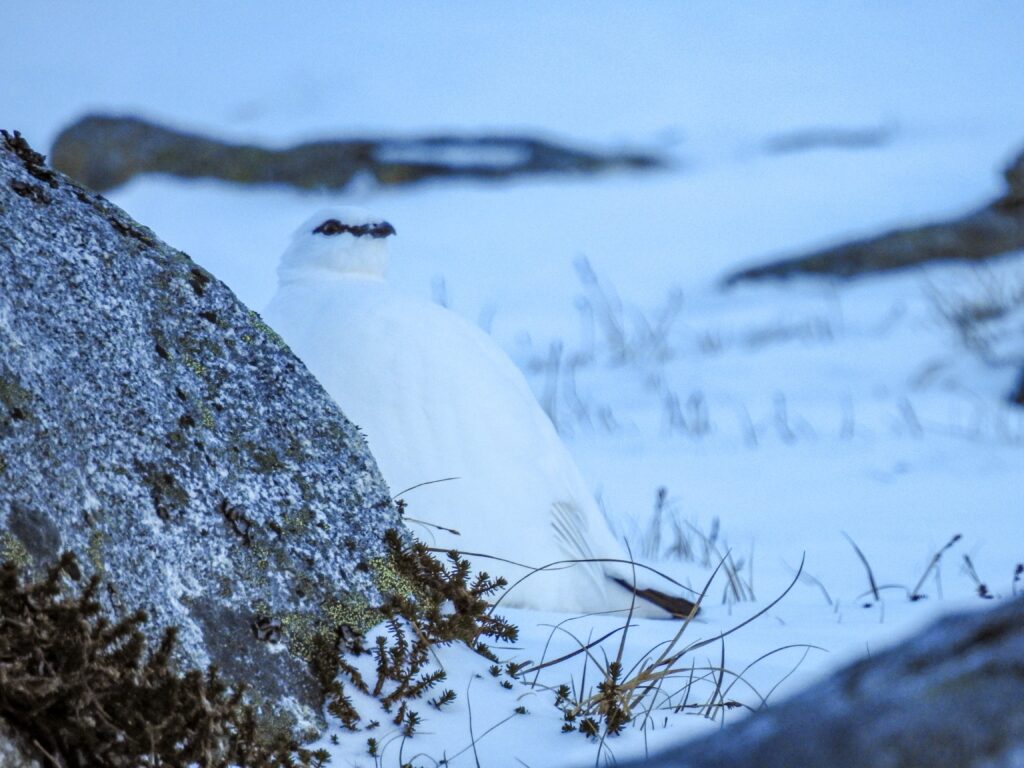
Nr. 2
By looking at the picture above you can clearly see what makes the male and female birds different. The black line from the beak to its eyes indicate that it’s a male, and during the summer this part turns red, which in females it doesn’t, here’s another picture of a female: See the difference?
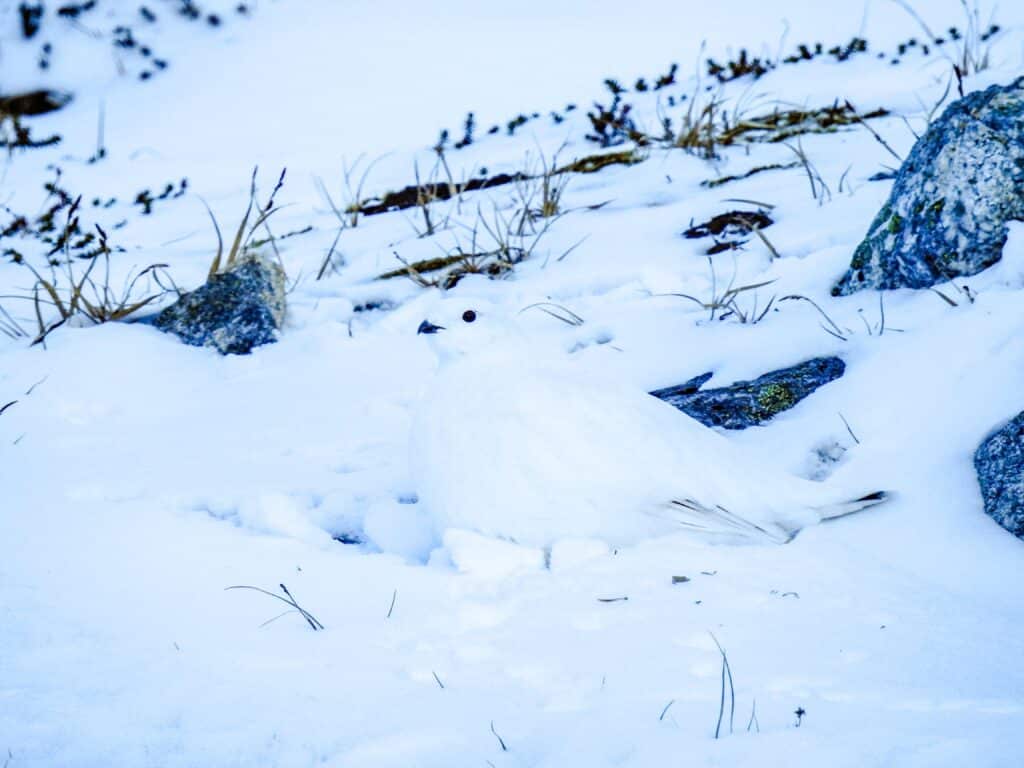
Fact Nr. 3:
Ptarmigans actually make their own snowshoes! They will grow tiny fleshy pectinations by their otherwise scaly feet which also grows soft feathers, which essentially increases their foot size to the double and probably keeps them warm too! The more you know!
Read more travel blogs from Lasse Kyed
-
5.00(1)1 To 6 Passengers Included

Private Whale Safari | Ilulissat | Disko Bay
Tour startsIlulissatDuration4 hoursFrom 7400 DKKSee more -
Flights Included!

Wonders of Greenland | South Greenland
Tour startsFrom Copenhagen From IcelandDuration8 daysFrom 24500 DKKSee more -
1 to 6 passengers included

Private Glacier and Settlement Tour | Uummannaq | North Greenland
Tour startsUummannaqDuration4 hoursFrom 7700 DKKSee more -

Dog Sled Express | Tasiilaq | East Greenland
Tour startsTasiilaqDuration2 hoursFrom 1200 DKKSee more -
New tour

Dog sledding tour to the UFO cabin | Sisimiut
Tour startsSisimiutDuration4 hoursFrom 2100 DKKSee more -
4.80(5)

Russell Glacier | Kangerlussuaq | West Greenland
Tour startsKangerlussuaqDuration4 hoursFrom 750 DKKSee more -

Kayaking tour from Tasiilaq | East Greenland
Tour startsTasiilaqDuration2.5 hoursFrom 900 DKKSee more -
Private tour!

Private Halibut & Antlantic Wolffish Fishing | Sisimiut
Tour startsSisimiutDuration5 hoursFrom 6600 DKKSee more -
5.00(1)1 To 6 Passengers Included

The Calving Glacier Eqi & Paakitsoq | Ilulissat | Disko Bay
Tour startsIlulissatDuration8 hoursFrom 15000 DKKSee more -
4.50(4)

Whale Safari | Ilulissat | Disko Bay
Tour startsIlulissatDuration3 hoursFrom 1195 DKKSee more -

Boat tour to Saattut Settlement | Uummannaq | North Greenland
Tour startsUummannaqDuration2 hoursFrom 1300 DKKSee more -
Luxury Multi-Day Tour

7-Day Exclusive Luxury Escape: A Premier Greenland Adventure | West Greenland
Tour startsNuukDuration7 daysFrom 78350 DKKSee more -
4.00(2)

Morning Kayaking the Ilulissat Icefjord | Ilulissat | Disko Bay
Tour startsIlulissatDuration3 hoursFrom 2500 DKKSee more -
5.00(2)

Snowmobile ride | Ilulissat | Disko Bay
Tour startsIlulissatDuration3 hoursFrom 1595 DKKSee more -

Whale Watching and Iceberg Safari | Tasiilaq | East Greenland
Tour startsTasiilaqDuration3 hoursFrom 1400 DKKSee more -
4.50(2)

Snowshoe hike and restaurant H8 | Oqaatsut | Disko Bay
Tour startsIlulissatDuration6 hoursFrom 1895 DKKSee more -

City walk | Uummannaq | North Greenland
Tour startsUummannaqDuration2 hoursFrom 600 DKKSee more


